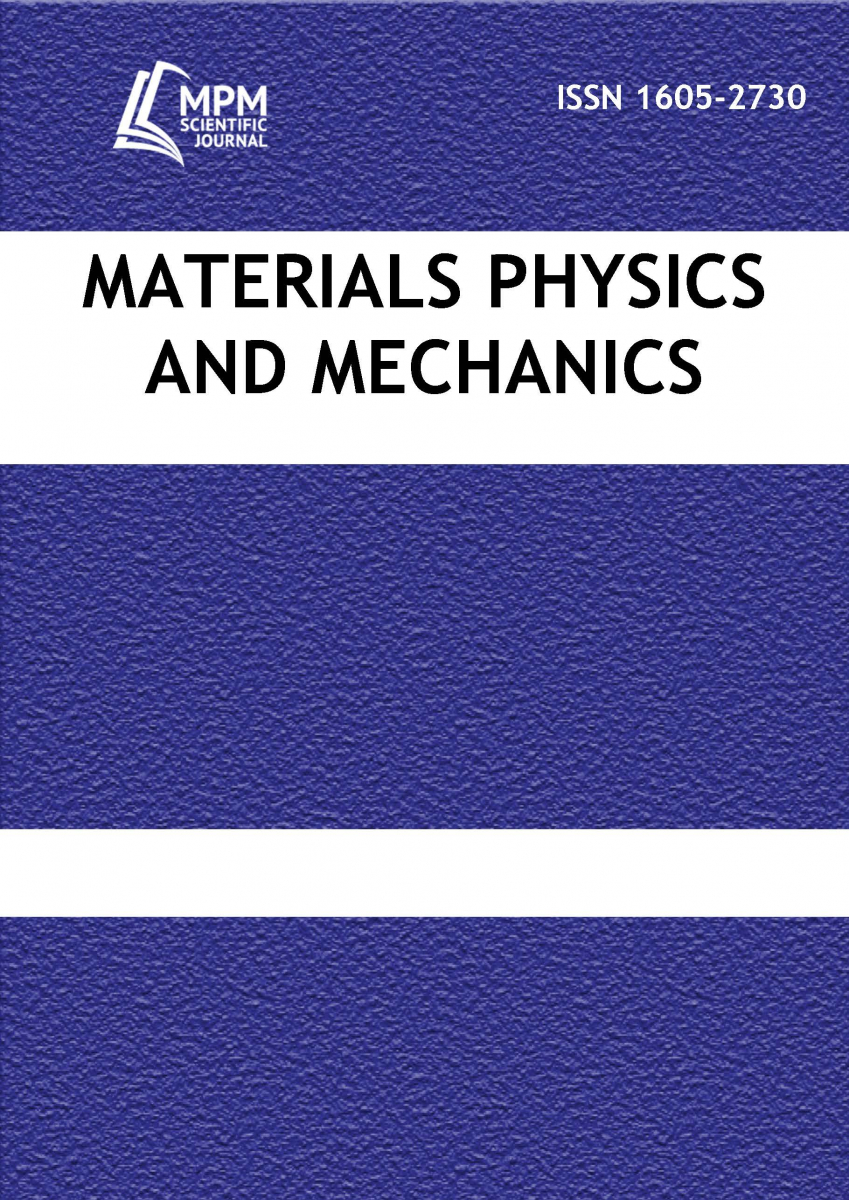Experimental investigation of the mechanical behavior of honeycomb sandwich composite under three-point bending fatigue
The present experimental work deals with the mechanical fatigue behavior under
3-point bending stress of composite aluminum panels with an aramid honeycomb core. The testing conditions (applied load and frequency), under cyclic loading, the analysis of rigidity loss, and the damage modes are the tools for this experimental investigation. The specimens consist of aluminum sheets, one millimeter thick each for the skins, and a honeycomb aramid structure, eight millimeters high for the core. As a first approach, the static 3-point bending tests made it possible to determine the deflection variation as a function of the force applied, which will be exploited to carry out fatigue tests on an EPSIFLEX machine type. They are made for three loading levels of imposed deformation with a load ratio of 0.2 and a frequency of 5 Hz. The results obtained allowed the determination of the stiffness loss curves and the Wöhler curves in order to optimize the loading conditions and the service life of the sandwich composite material. The tests were carried out for 3 cyclic loading; they show that the optimal load ensuring better service resistance of the experimented sandwich panels is 0.7 of the material elastic limit (720 N). Static and cyclic flexion fractography showed the different modes of skin damage (indentation) and honeycomb core (delaminating and shearing) leading to the specimens' ruin.


